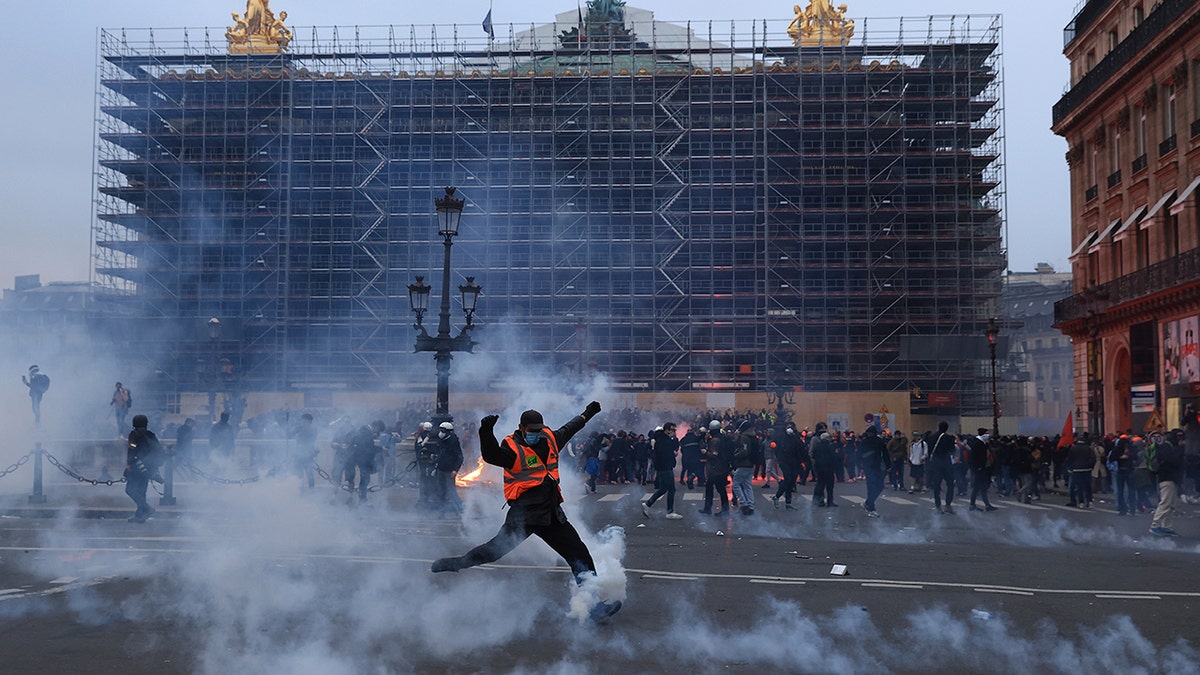France is currently embroiled in a debate over a proposed justice reform bill that would grant law enforcement agencies the power to remotely access the cameras, microphones, and location services of electronic devices belonging to criminal suspects. This power could be exercised without the individual's knowledge or consent, raising significant privacy concerns.
While the government argues that this measure is necessary to modernize law enforcement and address public demand for increased security, critics warn of potential abuses of power. The bill explicitly limits this surveillance to suspects involved in serious crimes punishable by five or more years in prison, such as terrorism and organized crime. Justice Minister Eric Dupond-Moretti has defended the proposal as a necessary adaptation to modern criminal activity, arguing that traditional surveillance methods are no longer effective.
The proposed legislation has sparked a political divide, with left-wing parties largely opposing the surveillance provision while President Macron's centrist party seeks support from the conservative The Republicans party to ensure its passage. The Senate has already approved the bill.

Image: A protester kicks a tear gas canister during a demonstration in Paris. (AP Photo/Aurelien Morissard, File)
Dupond-Moretti has characterized the new technology as crucial for investigators, highlighting the increasing dangers of traditional surveillance methods. He dismissed privacy concerns raised by some parliamentarians, arguing that such warnings undermine the credibility of those raising them.
In addition to the limitations on the types of crimes eligible for this type of surveillance, the bill includes other safeguards. Real-time location tracking is the stated objective, requiring approval from an investigating judge. Investigators would also be able to activate a suspect’s phone camera and microphone. However, critics argue that these measures are insufficient to prevent potential misuse by law enforcement. Digital rights groups like La Quadrature du Net express concern that the police and prosecutors will have too much discretion in determining the “seriousness” of an event, potentially leading to overreach.
This debate unfolds against a backdrop of recent security concerns in France, including terrorist attacks and civil unrest. The upcoming 2024 Summer Olympics and Paralympics in Paris have further intensified the focus on security. While the government emphasizes the need for enhanced security measures, human rights advocates worry about the potential erosion of privacy and freedom of expression. They argue that surveillance technologies should not become the default response to security challenges.
The proposed legislation allows for surveillance of a suspect’s devices for up to six months, with exemptions for certain professions, including journalists, lawyers, and members of parliament. Critics argue that this sweeping surveillance power represents a concerning trend towards a security-obsessed society, raising fundamental questions about the balance between security and individual liberties.








